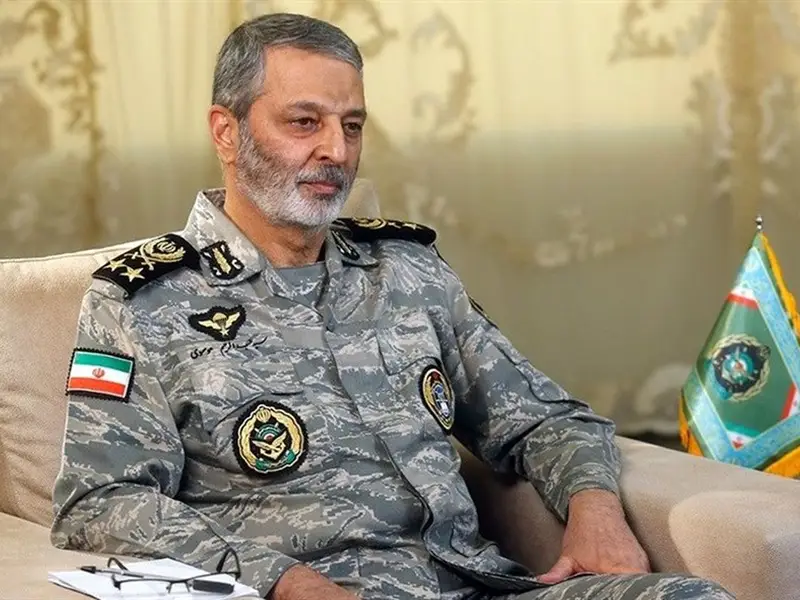The Commander-in-Chief of Iran's traditional Army said they are "always ready to respond to threats", on the sidelines of a two-day drill in the central Province of Esfahan.
In his remarks, Abdolrahim Mousavi described the objective of the ground forces exercise as "developing the nation's defense and combat capabilities in the face of potential threats."
Although the army claims that these exercises have a two-fold objective of "giving hope to friendly countries" and "sending a message to enemies", it appears that it is failing to accomplish these goals. A senior Hamas official told The Associated Press on Thursday that they expected Iran's most powerful proxy force, the Lebanese Hezbollah to be more active in the war against Israel.
Ghazi Hamad, a member of Hamas’ political bureau, said that “we need more in order to stop the aggression on Gaza… we expect more” from allies, including Hezbollah.
There have been several cross-border strikes by Israel and Hezbollah since the Gaza war began on October 7. However, no all-out fighting has taken place. The Lebanese armed group, part of the Iran-led 'Axis of Resistance', has maintained a relatively low level of activity.
The US government reports that the Shiite armed group has received direct Iranian financial support over the past decade, which has recently totaled about $700 million per year.
Furthermore, although Hassan Nasrallah, the leader of Hezbollah, met with Hamas and Islamic Jihad leaders on Wednesday, he has not made one of his usual public televised speeches in support of these groups following their declaration of war against Israel.
While Iran's officials have made raging statements threatening escalation, it does not appear that they are seeking a major war.

